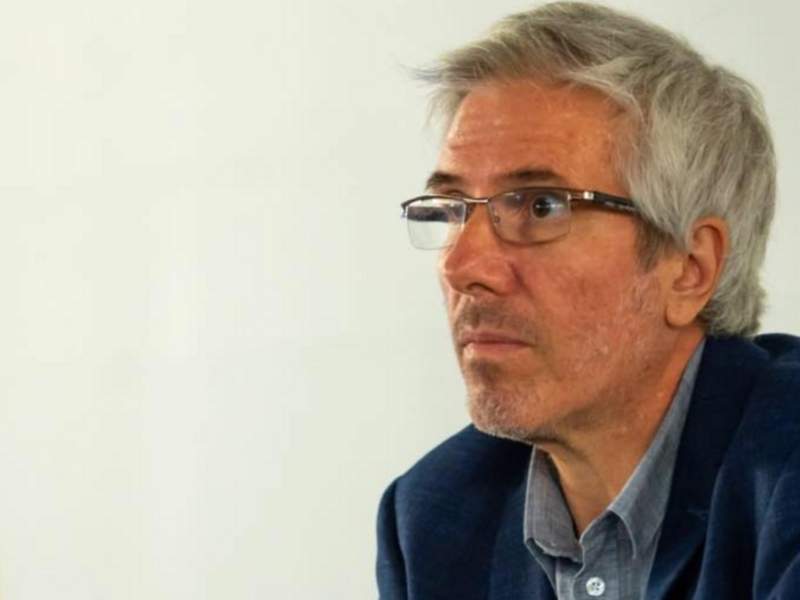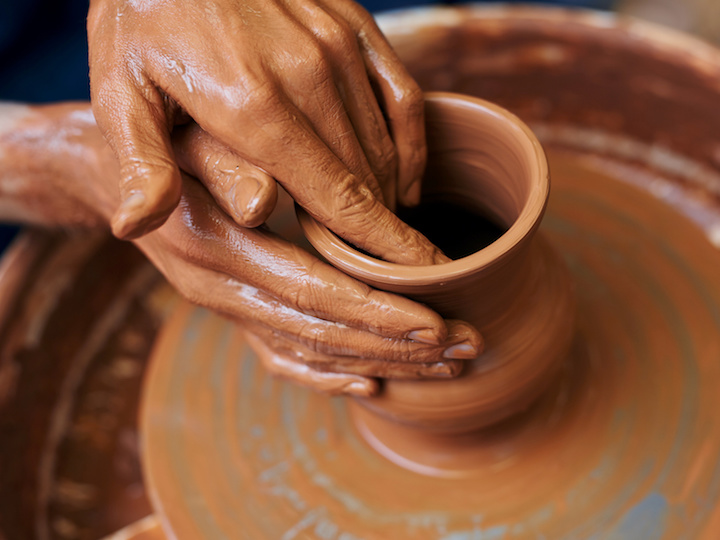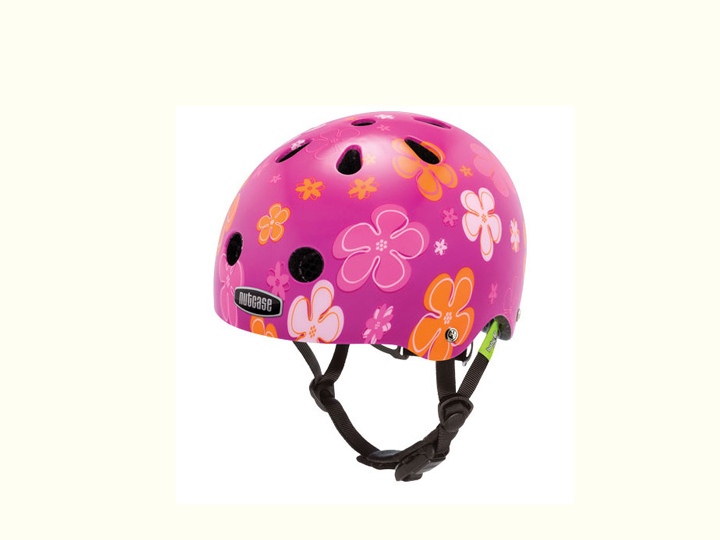How can we teach our children that learning is also a joy and a source of satisfaction? Because by getting involved and persevering, we develop an attitude of openness, questioning and curiosity? Endless discovery! Why does this obvious fact remain so absent from our experience and transmission as parents, teachers and adults? It’s the best way to prepare them to navigate this uncertain world.
In fact, there are two joys of learning
Few people make the distinction. And yet, knowing how to experience these two types of small, complementary pleasures is a great help in savouring life. And to structure it, too.
There’s the joy that comes from hard work and perseverance.
And then there’s the joy of spontaneous discovery. And this, paradoxically, is the one that is least recognized and cultivated. Not easy with children? Yes, it is! You just have to live with them every day with these two joys in mind. And in these days of confinement, that’s something to work on!
Schools don’t make this distinction enough
One of the big problems with schools is that they don’t make this distinction with children: you “have” to work at school, learn your lessons, but the idea that you can benefit from it isn’t really part of the discourse.
As a result, the number of children who go to school without really knowing “why they should go”, what it’s for, what they’re doing there… This number is exploding! Efforts, yes, but for what? A mystery… As for the idea of training children’s vigilance to spot the new, the unprecedented, the daily surprises: no real practice.
And yet, the effort produces satisfaction. Not at first sight, of course. But you’ve often experienced it yourself: when faced with something that resists, breaking the resistance, hanging on a little, succeeding brings real personal contentment… And it really can be trained.
Everyday discoveries: an open attitude to the environment
The act of learning requires commitment, dedication and perseverance, but not only that. Above all, it requires an attitude of openness, questioning and curiosity. A little lightness, which comes naturally to children.
We’ve all been through the phase of:
“Why is the sky blue?”… “And why is the sea blue too?”… “And why…”, because a question whets the appetite to know and to ask a further question.
A little everyday exercise to turn into a philosophy for yourself
Every morning = get up and tell yourself you’re going to learn something,
Try to think about it throughout the day, just in case you come across something new,
At the end of the day = think about that tiny or big / tiny piece of information you didn’t have when you got up; that tiny or big concept / that clever tip or manual skill… And savour this new acquisition, (2-digit division, folding a napkin into something pretty, diving without making a dish…).
At the end of the day: if you don’t find anything, it’s not that you haven’t learned anything new: maybe you just haven’t been paying attention = re-scan your day and look again! Even the smallest clue is a gold coin = Scottish colors are called Tartan, your classmate is from Lebanon and you looked at a map to locate his country, a kg of feather = 1 kg of lead, apple pie has become your specialty!
At first, it’s not much of a catch.But keep up the good work:
A rendez-vous with yourself in the morning: getting up with a little hunt for something new feels good: I’m going to pay attention to it.An evaluation or two during the day: a little vigilance and a few breaks feel good: I’ve already spotted something new!
The break with yourself in the evening: this day has lived up to its promise! You’re not the same person when you can peel an apple by yourself, do 2-digit division… You’re not the same person you were when you woke up! It’s magical!
Well, you soon realize that :
– You have to pay a little more attention to what you’re experiencing;
– There’s a lot more to it than we think!
– We all learn much more on our own, effortlessly and on a daily basis, than we might imagine.
From the age of 7 to 20 [i.e. 13], we learn 4,745 new things (1/day), just by opening ourselves up to the world!
– We can see that learning little and big things… day by day… is a game…
… And even… a joy!
Hey! Don’t blame their shortcomings!!!
Explain it to them!








One Response